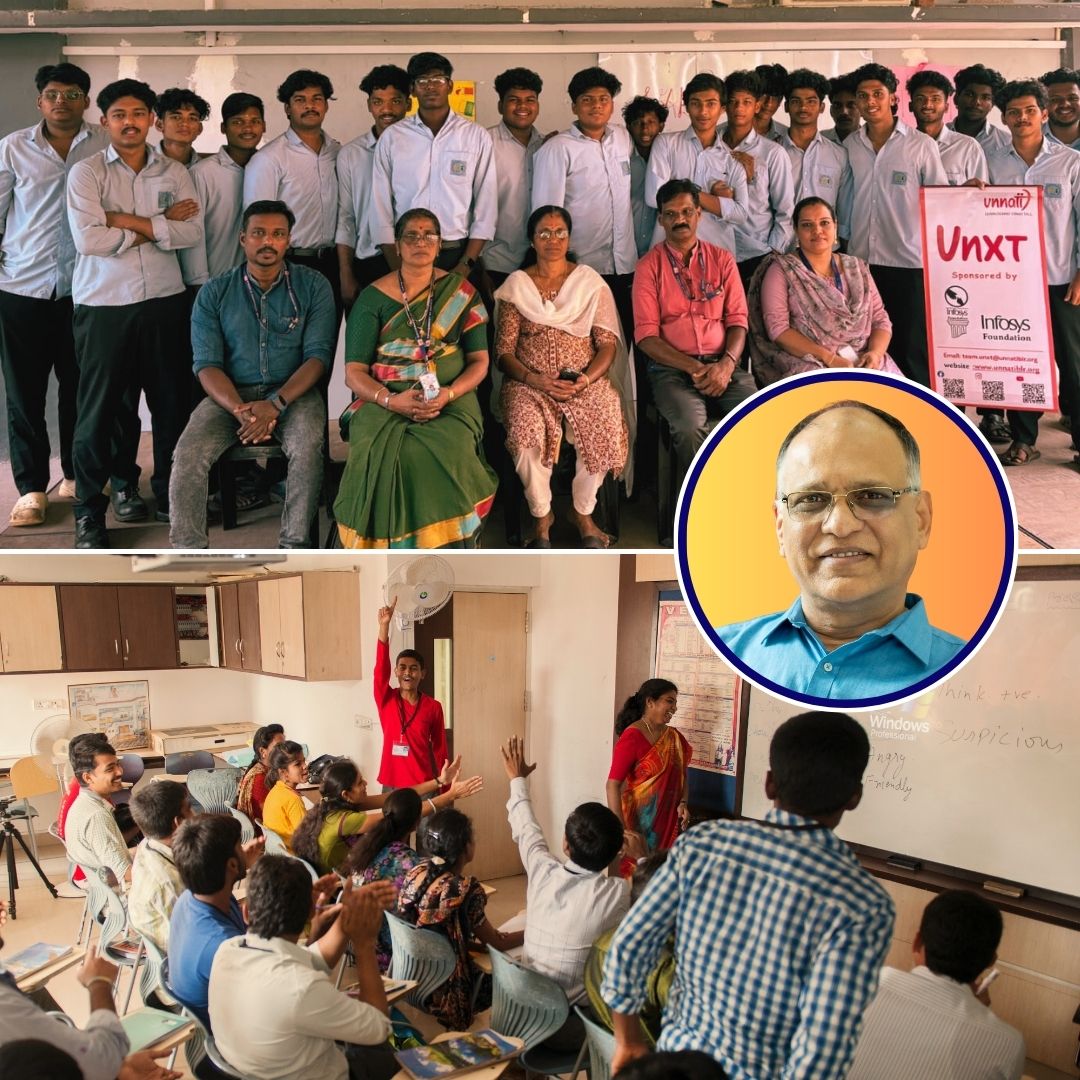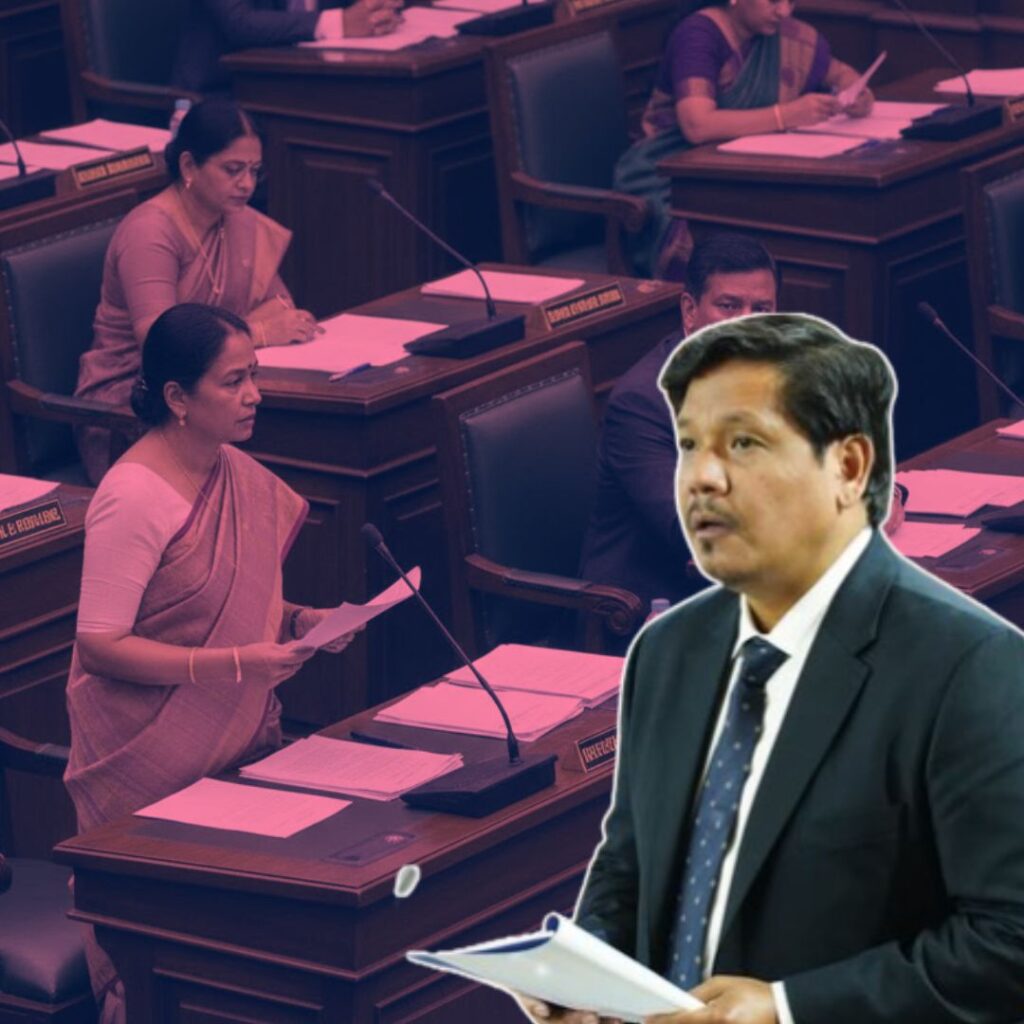Unnati Foundation, established in 2003 by Ramesh Swamy and a few like-minded trustees, began as a passion project aimed at making youth employable and agents of change for their families. Ramesh Swamy, Director, Unnati Foundation notes, “Unnati was founded with three core principles: every individual we train must be provided with a job, they must be integrated into an inclusive society, and they should become change agents within their communities.”
The foundation initially focused on training young individuals in communication skills, workplace values, basic computer skills, and vocational skills. Over time, this grew into the full-fledged non-profit organisation, ‘SGBS Unnati Foundation.’
Today, the Foundation operates through two major training models. The Unnati Centre Model offers programs to underprivileged youth aged 18–25 who lack the skills to secure employment; over 80,000 young people have been trained via this model.
The second, the UNXT program launched in 2017, equips final-year government college students with employability skills and placement support. In the financial year 2023–24 alone, UNXT trained more than 1.26 lakh students, and the goal this year is to reach 2 lakh individuals.
With partnerships across more than 2,000 colleges and operational presence in 14 states, the Foundation makes significant efforts to reach remote regions through offline training sessions within colleges.
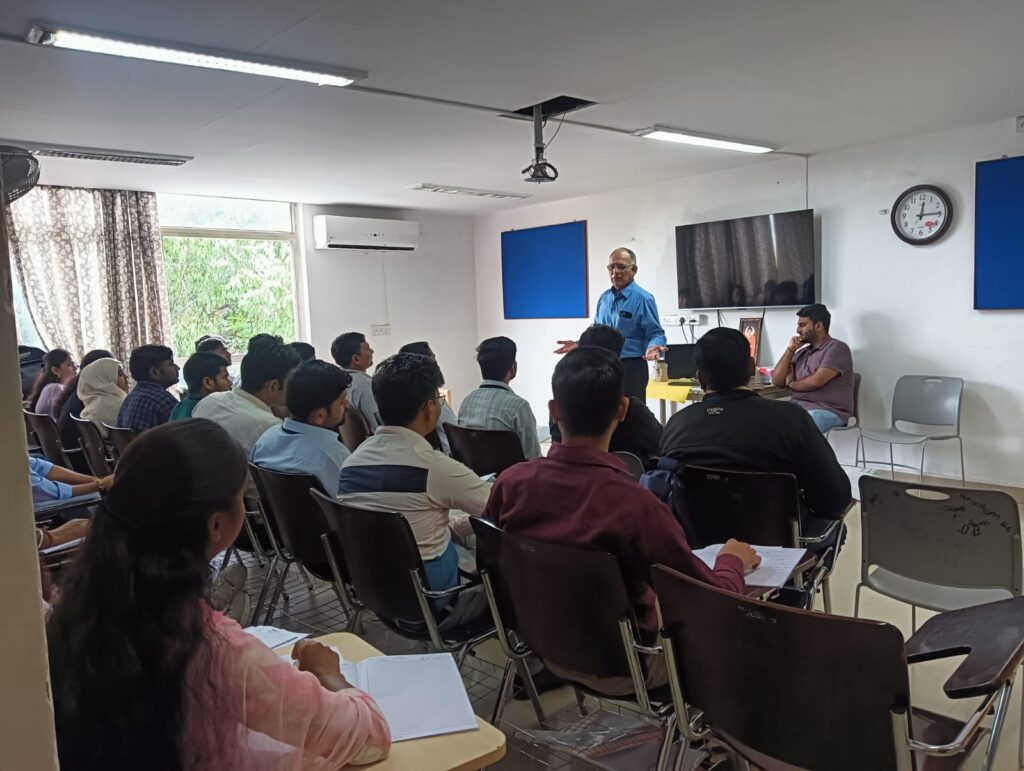
Nationwide Impact and Training Models
Unnati’s impact is measurable and evolving. During the financial year 2023–24, the Foundation trained 95,448 young individuals, a fourfold increase from the previous year. Of these, approximately 35% secured employment, 30% pursued higher education, and 33% are actively seeking jobs with ongoing support.
In the past few years, the UNXT program has impacted over 2.3 lakh young people nationwide through partnerships with more than 2,000 colleges. Mr. Ramesh Swamy highlights, “Remarkably, this entire effort has been carried out offline, with our team traveling to some of the most remote regions to conduct sessions directly within partner colleges”. Currently, the program operates across 14 states in India.
The Foundation invests considerable effort in forging strong local employer partnerships and maintaining engagement with youth post-training for counseling and placement, working to bridge the gap between skill development and sustainable employment.
Nonetheless, several challenges persist, many youths struggle to distinguish Unnati’s distinct value from other skill programs, parental restrictions affect young women’s participation, and bureaucratic hurdles slow collaborations with government colleges. Additionally, societal perceptions that academic degrees alone define success must be gradually shifted.
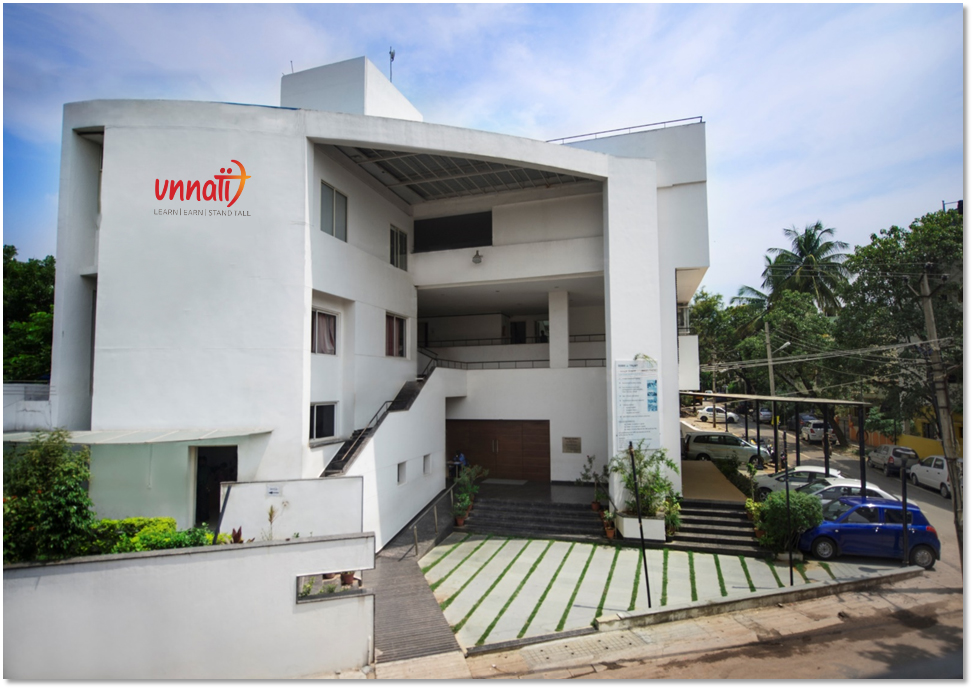
Overcoming Challenges and Social Barriers
Despite its successes, Unnati confronts numerous challenges in its mission. Many youngsters find it difficult to differentiate between various skill development programs, making engagement and enrollment difficult. In remote areas, awareness is low, necessitating extensive mobilisation by the foundation’s team. Building strong local employer partnerships is another hurdle, as expectations can vary widely.
“Social barriers remain significant; for example, many still believe academic degrees are the only path to success.”, says Swamy. Parental restrictions often limit young women’s participation, affecting inclusivity. Bureaucratic processes involved in partnering with government colleges add further complexity.
Above all, the systemic gap between skill development and actual employment opportunities continues to demand innovative solutions and persistent effort from the foundation.
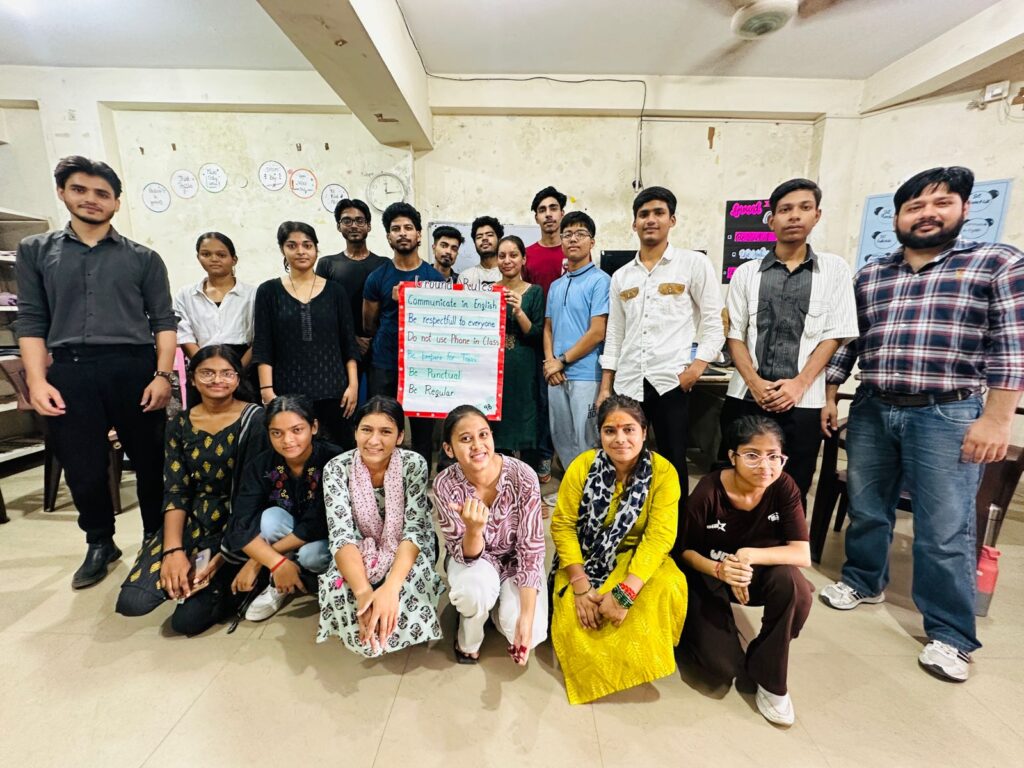
Jyothi Pandey’s Journey: A Story of Transformation and Hope
A compelling testament to Unnati’s transformative power is the story of Jyothi Pandey. Jyothi, who currently works at Magic Bricks verifying listings, credits the foundation with significantly boosting her spoken English and interview skills. “My English has always been good but I struggled with spoken English. I used to try and fumble some sentences but as I kept trying, I got much better. The interview I gave for this job went very well because of this; I had become quite practiced.”
Initially hesitant and feeling the program treated students like children, Jyothi almost left early on. However, a trainer convinced her to persevere with a promise that she could leave if it didn’t feel right. After a week, Jyothi returned to affirm the value she found and remained in the program. This same trainer recommended her current job. Jyothi expresses growing pride in her workplace, describing it as “a decent place to work, the working environment is good here.”
Beyond her job, she harbours dreams of entrepreneurship, planning to start a small business selling handmade paper jewellery, and long-term hopes of owning her own home. Her story is representative of the personal and professional transformations Unnati fosters, instilling confidence, skills, and ambition among the youth they serve.
The Logical Indian’s Perspective
From The Logical Indian’s perspective, the work of SGBS Unnati Foundation is an inspiring example of how focused, grassroots skill development initiatives can dismantle structural barriers and foster social equity.
In a society where formal degrees often overshadow employability, Unnati challenges conventional narratives by equipping youth with crucial soft skills, practical knowledge, and resilience.
Their success, especially through an offline model across diverse geographies, signals the importance of accessibility and tailored interventions to uplift marginalised communities. The challenges noted, gender-based restrictions, bureaucratic inertia, and societal mindset constraints, highlight the need for ongoing dialogue, empathy, and partnership among communities, educators, employers, and policymakers.
Ultimately, Unnati’s model encourages us to rethink how society values different forms of learning and achievement, advocating for a more inclusive definition of success that embraces vocational skills and individual potential.


